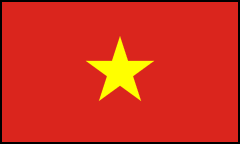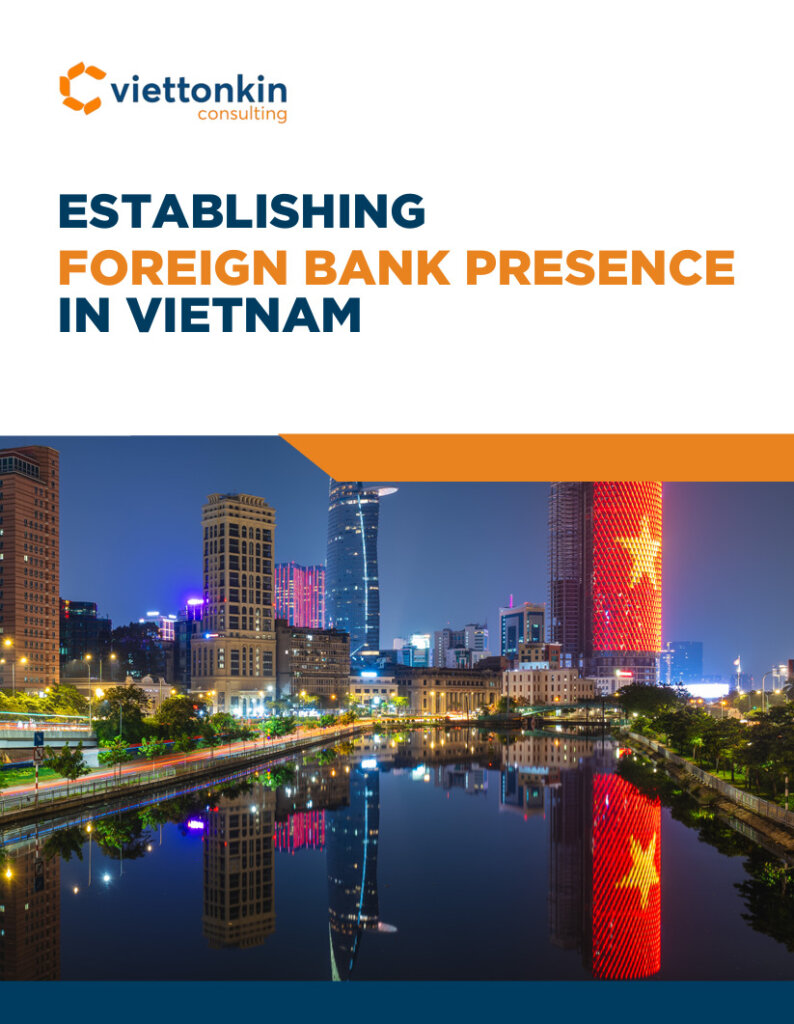Singapore has become a major trading and financial hub. It also has the infrastructure and expertise that Chinese corporates need to access other ASEAN markets. The country has a stable tax, legal and regulatory systems, business-friendly environment that will make it easier to do business there. With all these topnotch infrastructure and services, Singapore offers an excellent base to expand to the rest of ASEAN markets. This article will give you information about how Singapore became a trade and logistic hub, also the opportunities for ASEAM traders. Let’s find out!
READ MORE: Viettonkin Market Feasibility service to help you see the opportunities in Singapore
Overview of Singapore as a Trade and Logistic Hub
The location of Singapore in the major East and West shipping lanes coverage was equaling $5 trillion, and it also makes the country one of Asia’s largest trading hubs. The country’s central role in ASEAN and economic partnership with China is becoming a strong point of commercial activity there and making it an effective springboard for regional opportunities.
The Minister for Trade and Industry, Mr S Iswaran has an opinion that eight out of ten of the world’s leading commodities trading companies have a presence in Singapore, and the government will also continue to strengthen the ecosystem to maintain its status as a leading centre for commodities.
In addition, Changi Airport has been addressed as the world’s best airport by travellers for the third year in a row, based on the 2015 World Airport Awards. Port of Singapore Authority (PSA) is also considered as the world’s second-busiest port in the globe, and it means trading with the country for both small and large business investments is going well.
The rise of Singapore as a commodity trading hub is well known amongst ASEAN countries, it has also been responsible for the generation of demand for the professionals from this domain. As it continues to attract professionals from all walks of life, the commodity traders find it easy to recruit highly qualified English-speaking professionals.
Furthermore, Singapore has kept its doors open to trade, and it has allowed it to draw considerable foreign direct investment (FDI), and become one of the top countries in the world for FDI. For instance, back in 2018, it attracted around USD77 billion investments, and it was more than 53% of the USD145 billion that has flown into Asia.
As the third-largest foreign exchange market, Singapore offers the best US dollar liquidity in Asia. It comes handy to the commodity players in the value chain, such as the large miners to the independent brokers and traders who chose to open a company in Singapore at the right time.
In 2015, Singapore was ranked at the top in the Ease of Doing Business, because Singapore has political stability and makes the country a high-value place of doing businesses. In addition, its ability to retain AAA credit rating in the global economy is appreciated. The rating is important for volume traders because it brings the cost of inventory down.
A large number of traders in Singapore is playing a vital role in the demand and supply chain. It also drives the costs of commodities down and increases the supply. Eventually, it gives them better security and provides opportunities.
The Opportunities for ASEAN Traders
Singapore trading hub is the leader in all major commodity sectors. Moreover, Singapore ranked 4th largest trading hub in the energy sector, also ranked 2nd largest trading hub in the metals sector and lastly has ranked 2nd largest trading hub in the agriculture sector.
Singapore’s effort to be the great traders doesn't stop there, and the country has established itself as a reputable global trading hub with a significant number of key international players who have set up the base. Not only that, the government aims to create a supportive environment that will enhance Singapore’s position as a global trading hub.
The International Trading Institute is working together with the Singapore Management and Industry Partners to offer a business degree specialised in international commodity trading. The International Trader Development Fund offers to fund the course fees for companies to send their employees to the ITI for professional education courses. The Trader Development also aims at developing talent in the trading sector.
There is an exclusive event in Singapore that happens every two years in order to boost economic growth in the trading industry. It’s The Global Trader Summit (GTP), where the top business leaders in the trading industry are invited to discuss major trends and fundamental issues in order to shape the future global trading markets.
The GTP aims to achieve its objective by allowing companies who are part of its programme, to benefit from a 10% concessionary tax rate on their qualifying trade income for a five-year renewable period. During this period, the companies can establish their regional or global trading network with Singapore as their base. Once they are able to demonstrate sustainable growth projections that are in line with GTP’s requirements, they can apply for the 5-year renewable GTP scheme.
For all these years, the seaport has been a key role in the Singaporean economy. The government has the policy to maintain low import tariffs for the port’s revenues, technological progress, and dynamically growing trade with China, Hong Kong, Indonesia, Japan, South Korea, and Malaysia.
Furthermore, this small city-state has been consistently implementing the free trade’s policy and discovers it as an opportunity for further development of Asia's economies.
One of the reasons why ASEAN countries want to venture business in Singapore is its high-end manufacturing with the latest technologies, including semiconductors and consumer electronics, as well as machinery, transport equipment and ships.
The Singaporean government also pays attention to give more funds that are allocated in other sectors, such as aviation and aeronautics, precision engineering and life sciences, biotechnology, medical equipment and pharmaceuticals. Moreover, the government is committed to investing in infrastructure projects and new industrial parks.
There are a lot of opportunities for ASEAN traders to have a business in Singapore, as the government itself has poured investments to keep the sectors growing. In conclusion, the trade and logistic sector will be key to support the long-term economy of Singapore!
 English
English









